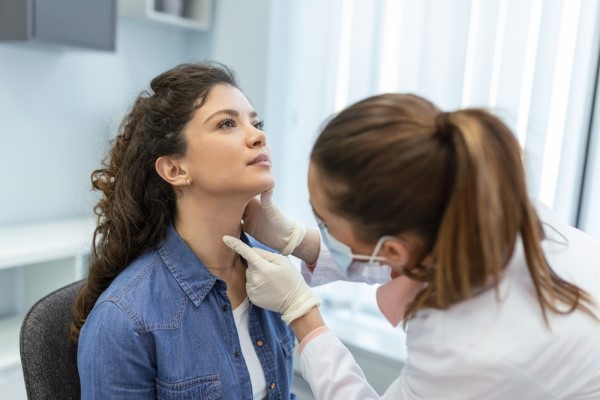4 Principles of Chronic Disease Management

Chronic disease management involves treatment and support for people living with a chronic health condition. It provides them with the medical care, information, skills, and resources they need to manage their disease effectively every day. Chronic diseases are classified as long-term ailments that typically advance slowly. Heart disease, diabetes, chronic renal disease, asthma and chronic obstructive pulmonary disease (COPD), depression, and arthritis are just a few of the illnesses that fall under this category.
4 Fundamental principles of chronic disease management
Some of the principles include:
1. Acknowledging the patient’s experience
Chronic disease management should address the patient’s needs, concerns, and emotions, such as grieving over lost abilities and provide them the chance to communicate their concerns about their chronic disease. By acknowledging subjective perceptions and symptoms of disease, the primary care doctor formally accepts the validity of the patient’s experiences. The acknowledgment aids patients in adapting to their disease and improves the patient-doctor relationship.
2. Acknowledging the patient’s knowledge of their life
The caregiver should recognize and appreciate the patient’s knowledge. Since successful chronic disease management is dependent on the patient’s actions, all contacts with health professionals should focus on the patient’s strengths and difficulties in managing their condition. Management plans should consider the knowledge of health professionals and the patient’s issues, objectives, and resources. Patients should be regarded as bona fide members of the health care team and this gives them a sense of control and empowerment.
3. Establishing a long-term relationship
Effective chronic disease management requires a long-term relationship between patients and healthcare providers. The partnership is both a connection and a process that encourages the patient to take charge of their condition. As a result, patients may become active participants in their care, assisting in clarifying symptoms and diagnoses, sharing decision-making and treatment duties, discussing treatment results and alternatives, and deciding on a treatment plan. This principle is based on both improving the physician-patient interaction and establishing common ground.
Mutual respect, trust, and collaborative action are necessary components for the patient-physician relationship to develop and improve. The patient and the health care provider must be willing to share authority and responsibilities. Continuity of care is a chance to strengthen the patient-doctor relationship, empower the patient, and provide support during the most challenging stages of chronic disease.
Finding common ground is when a health professional and a patient understand and agree about chronic disease, the objectives and priorities in chronic disease management and treatment, and the roles of the patient and the health professional. The needs, interests, and beliefs of patients should always be honored.
4. Providing a genuine sense of hope
This principle focuses on optimism and support in the face of uncertainty or the unavoidable worsening of chronic diseases. Hope has been highlighted as a critical quality necessary for patient adaptation to sickness and impairment. Providing patients with optimism balanced with realism helps them cope with uncertainty and improves their well-being and adaptability. Hope does not ignore the unpleasant parts of the condition but instead emphasizes the good, less negative, and potential changes that might lead to better outcomes or quality of life.
In conclusion
To learn more about chronic disease management, contact our medical clinic to book an appointment.
Get more information here: https://www.janeylhammonsnpc.com or call Janey L Hammons NP-C at (580) 922-4406
Check out what others are saying about our services on Yelp: Chronic Disease Management in Seiling, OK.
Recent Posts
Women's health exams help ensure overall health while screening for conditions and health risks. Not only will the doctor help with any current symptoms, but they can also screen for conditions like breast and cervical cancer in otherwise healthy patients. Despite the importance of these exams, it is common to feel uncomfortable about receiving them.…
Adult sick visits help with sudden medical needs in between checkups. Mild to moderate illness or injury does not always get better with home care alone. When this happens, adult sick visits can help people feel better faster and get back to their lives.Adult sick visits are appointments patients make with a doctor when they…
Sports physicals, or preparticipation physical evaluations (PE), are necessary to ensure a young athlete's safety when performing their chosen sport. Though they may seem intimidating, these evaluations can greatly improve athletes' chances of qualifying for their desired sport and help them better adjust to pain points within their performance and body. Learning what to expect…
A general practitioner, or GP, can help patients with acute and chronic health conditions. They can provide referrals to specialists and other healthcare providers, as well. Learn about the many services you can find at a general practitioner’s office.General practitioners are often referred to as primary care providers, or PCPs, as they serve as a…


